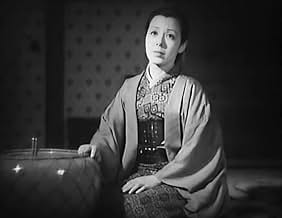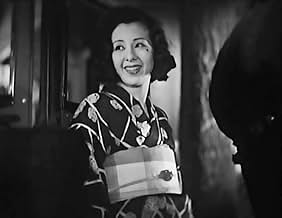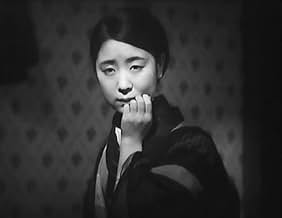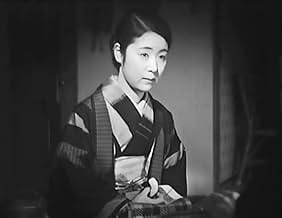Ryoichi and Chikako are brother and sister. They live together. Chikako works during the day in an office and at night she prostitutes herself to fund her brother's studies at the university... Read allRyoichi and Chikako are brother and sister. They live together. Chikako works during the day in an office and at night she prostitutes herself to fund her brother's studies at the university. Ryoichi doesn't know about his sister's secret life, but he is dating Harue whose brothe... Read allRyoichi and Chikako are brother and sister. They live together. Chikako works during the day in an office and at night she prostitutes herself to fund her brother's studies at the university. Ryoichi doesn't know about his sister's secret life, but he is dating Harue whose brother is a policeman.
- Director
- Writers
- Stars
- Director
- Writers
- All cast & crew
- Production, box office & more at IMDbPro
Featured reviews
More importantly, in the line where the title character calls her brother a coward, we get what seems to be a criticism of traditional honor and the role of shame in Japan. This woman is such a loving sister in the opening scene, works hard in the office, and sacrifices herself at night to provide money for her brother so that they can have a better life, in a pragmatic and poignant way - something I wish Ozu had explored - and then he can't handle just knowing about it, because of what it might do to the family's reputation.
The fact that we get a scene of the American film If I Had a Million (1932) is certainly meaningful - if this poor woman had a million dollars, she wouldn't be selling herself, and none of this would have happened. Together with the three reporters snooping around like happy jackals afterwards, not beginning to scratch the surface of the truth while rushing to get their stories off to print, there is some nice commentary about the desperate, sad lives in a city, unknown to others. I just wish the film had a little more depth to it, but it's not a bad way to spend 47 minutes.
There are many things to enjoy in "Woman of Tokyo" (the plot and the acting, to start with), but first of all it is an interesting film for all those who would like to see en early elaboration of Ozu's style, especially in his use of domestic setting and confined, interior shots. There is also an overt tribute to Ernst Lubitsch (much admired by Ozu) with a full-frame excerpt from Lubitsch's short film entitled "The Clerk" taken from "If I Had a Million". Ozu will get only better and better after this "Woman of Tokyo".
Did you know
Details
- Release date
- Country of origin
- Also known as
- Woman of Tokyo
- Production company
- See more company credits at IMDbPro
- Runtime47 minutes
- Color
- Sound mix
- Aspect ratio
- 1.37 : 1
Contribute to this page























